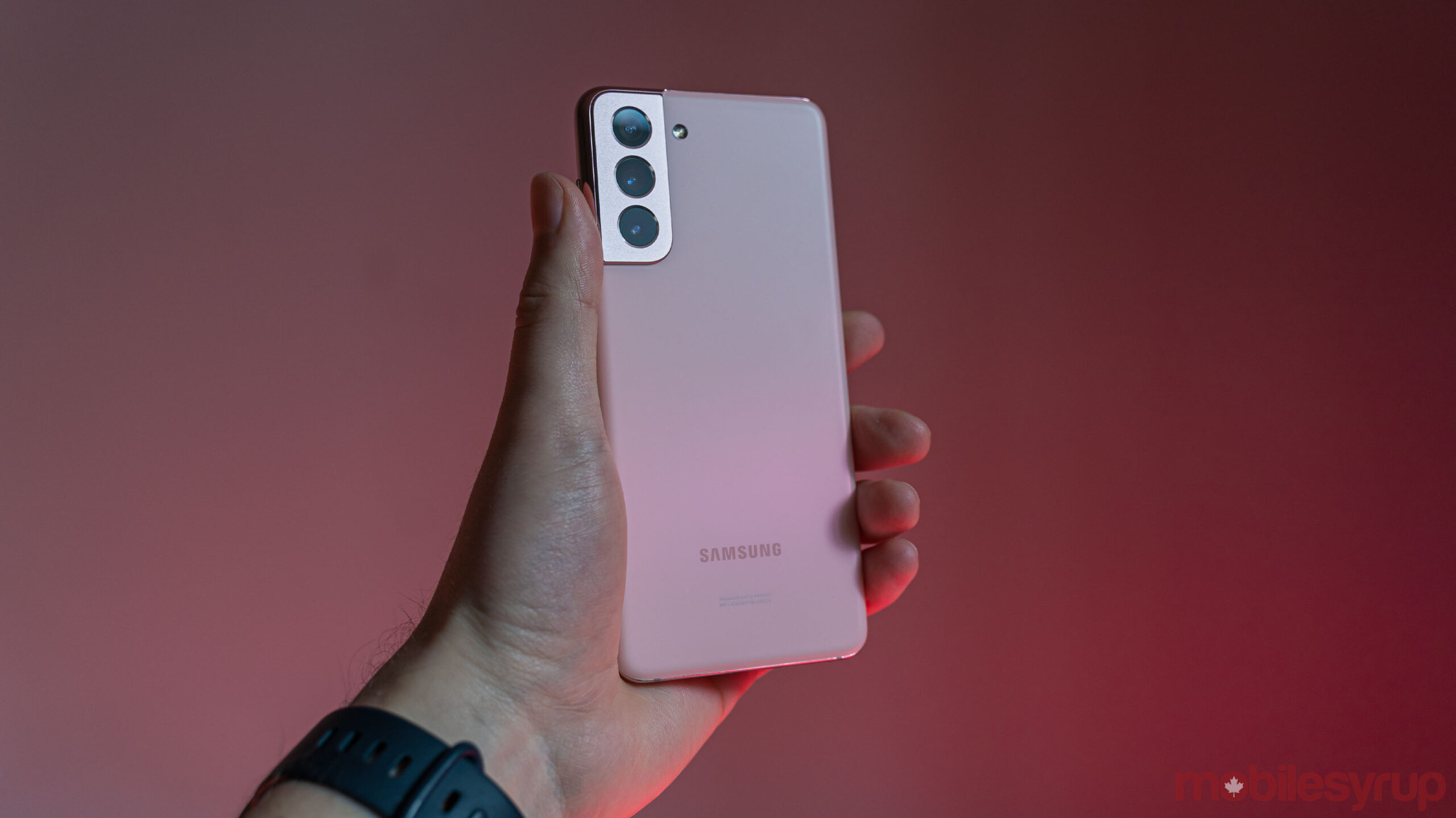
Google has been trying hard to get more people using its Rich Communication Services (RCS) chat platform. Now, it appears Google’s working on an API that would allow third-party apps to hook into RCS. For the time being, that API seems limited to Samsung devices.
Google designed RCS as a replacement to the aging SMS and MMS messaging protocols that power most carrier-based text messaging. The company previously worked with carriers to roll out the service, but has since started pushing RCS forward by enabling it in the Messages app that comes default on Pixel phones and many other Android devices. RCS offers several features that make it almost like Apple’s iMessage, such as read receipts, improvements to sharing media like pictures and GIFs, as well as support for encryption (albeit with several limitations).
From the start, there’s been a question of how RCS would be made available to third-parties, if it would be at all. Google’s Messages app supported the protocol, as well as Samsung’s default messaging app and even some U.S. carriers planned to make their own chat app for RCS (thankfully, that plan has been scrapped). Clearly the RCS protocol could be adopted to work across multiple apps — the question was whether Google would let developers tap into it and make their own RCS-capable chat apps. It isn’t hard to find excellent apps for handling SMS and MMS messaging on Android, but unfortunately, they don’t support RCS.
Something strange: The strings and Manifest entry for the Android Messages API is only in 8.5.024 (Vitex_RC02.phone_samsung_dynamic) for Samsung Galaxy phones and not 8.5.024 (Vitex_RC02.phone.openbeta_dynamic) for all other phones.
— Mishaal Rahman (@MishaalRahman) July 9, 2021
XDA Developers uncovered an ‘Android Messages API’ in Google’s Messages app that, based on code the publication found, appears to enable ‘External Messaging’ that would let third-party apps send SMS, MMS and RCS messages through Google Messages. At first, the discovery seemed like a big win for messaging app developers, since they’d be able to leverage the feature to enable RCS in their apps. However, after more digging, it became apparent that the API has another purpose: Samsung’s ‘Continuity’ feature.
9to5Google explained that Samsung offers a ‘Call and Message Continuity’ feature that lets users call and text from other Samsung devices. For example, someone with a Galaxy phone and tablet would be able to send text messages from the phone using the tablet.
External Messaging seems to exist solely for Samsung phones
The new External Messaging feature found by XDA is only present on a build of Google Messages tailored for Samsung’s Galaxy smartphones. As a reminder, when Samsung unveiled the Galaxy S21 series back in January, the company also announced that Google’s Messages app would ship on Galaxy phones. In some regions, it seems Google’s app replaces Samsung’s default chat app. In other regions, like Canada, users can pick which they prefer. Regardless, the Google Messages app that comes pre-installed on Samsung phones is slightly different — for example, some of the blue colour throughout the app is replaced with a green shade that matches what Samsung uses throughout its One UI software.
Well, colours aren’t the only difference. That special Google Messages app for Samsung phones also sports the External Messaging capability. 9to5 also found several references in Samsung’s Call and Message Continuity app to the External Messaging API. It definitely seems like the API was made for Samsung to support Continuity features with RCS.
Finally, 9to5 says it found an ‘allowlist’ for granting apps access to the External Messaging API. That could mean Google will open it up in the future to other third-party apps, but I have my doubts. To me, it seems like Google has shifted focus to making RCS the default method of messaging on Android, and it’s using the Messages app to do it. The External Messaging API seems more like a concession to get Samsung on board than anything else, but time will tell.
Source: XDA Developers Via: 9to5Google
MobileSyrup may earn a commission from purchases made via our links, which helps fund the journalism we provide free on our website. These links do not influence our editorial content. Support us here.


